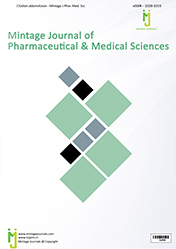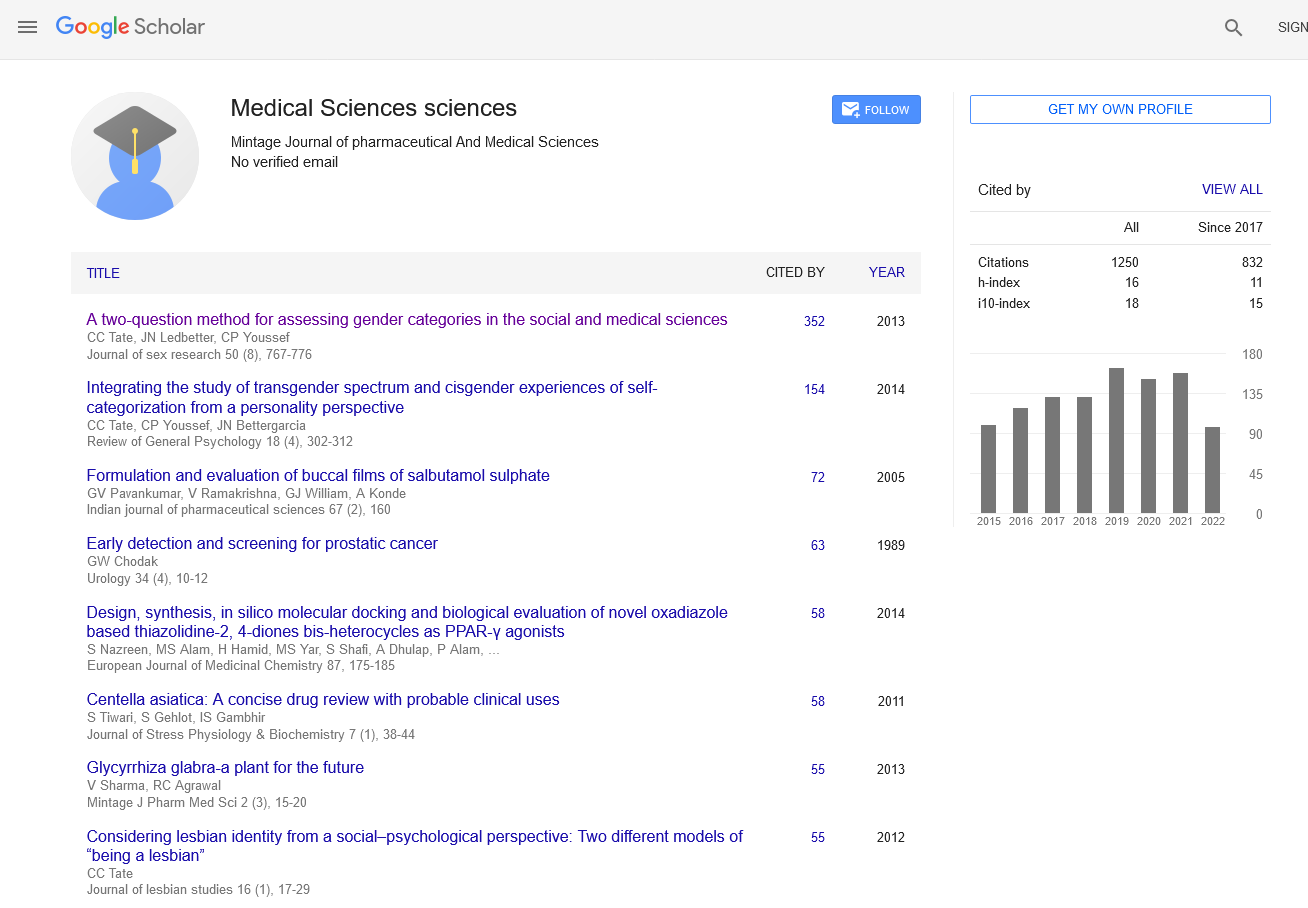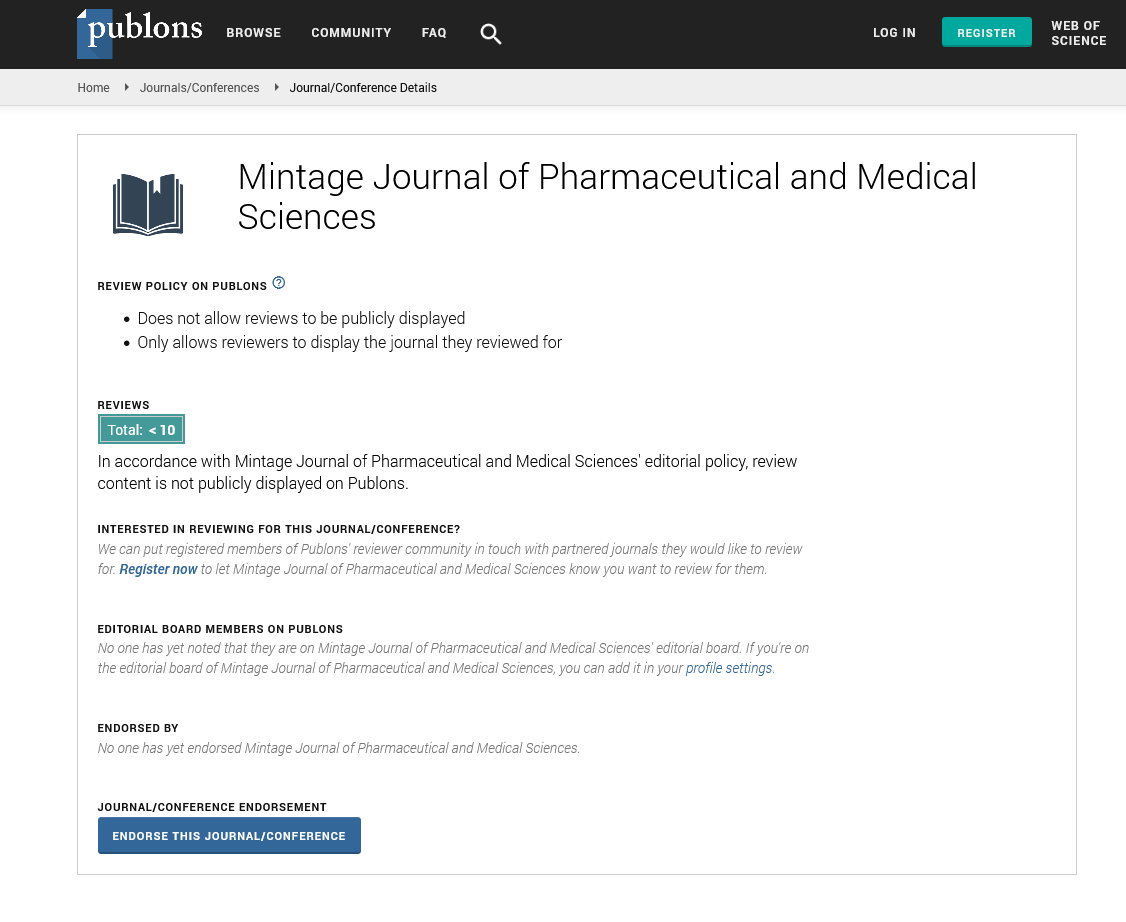Abstract
EFFECTIVENESS OF NURSE LED INTERVENTION ON RESPIRATORY PARAMETERS, AND CHOLINESTERASE AMONG ORGANOPHOSPHORUS COMPOUND POISONING PATIENTS ADMITTED INDHANVANTRI CRITICAL CARE CENTRE AT ERODE
Author(s): SAMPOORNAM. W, ARUNA DEVI. G, KARTHIKA. R, MARIYAPUSHPAM. S, PAVITHRA. R, SURYA. M, SARANYA. R, GNANAASHWINI. A
Context: Nurses play a vital role in the management of poisoning, as it demands close observation, timely administration of antidotes in adequate doses and skillful nursing interventions. Methods: Quasi-experimental design- A historical comparison was adopted. Total 30 organophosphorus compound poisoning patients, out of which 15 participants were in an experimental group and 15 participants were in control group. Purposive sampling technique was used to select the participants admitted inDhanvantri Critical Care Centre at Erode. The level of respiratory parameters was assessed by adopting in vitro ABG (Arterial Blood Gas) analysis which constitutes pH (acidity), pCO2 (partial pressure of carbon dioxide), pO2 (partial pressure of oxygen) and HCO3 (bicarbonate). Serum cholinesterase estimation level was measured from the vein by adopting in vitro method. Results: The Paired t’ test value of respiratory parameter (pH, pCO2, pO2, HCO3) scores showed statistical significance in the experimental group. Only pCO2 paired t’ test scores showed statistical significance in control group. Unpaired t’ test value of posttest respiratory parameter (pH, pCO2, pO2, HCO3) scores between experimental and control group was statistically significant. The Paired t’ test value of cholinesterase scores showed statistical significance in the experimental group (t=4.00). Whereas control group showed statistical nonsignificance (t=0.71). Unpaired t’ test value of posttest cholinesterase scores between experimental and control group was statistically significant (t=3.84). Conclusion: The study findings revealed that administration of Nurse-Led Intervention were highly significant to improve respiratory parameters and levels of cholinesterase among organophosphorus compound poisoning patients in the experimental group than control group.

ISSN: 2320-3315
ICV :81.58

